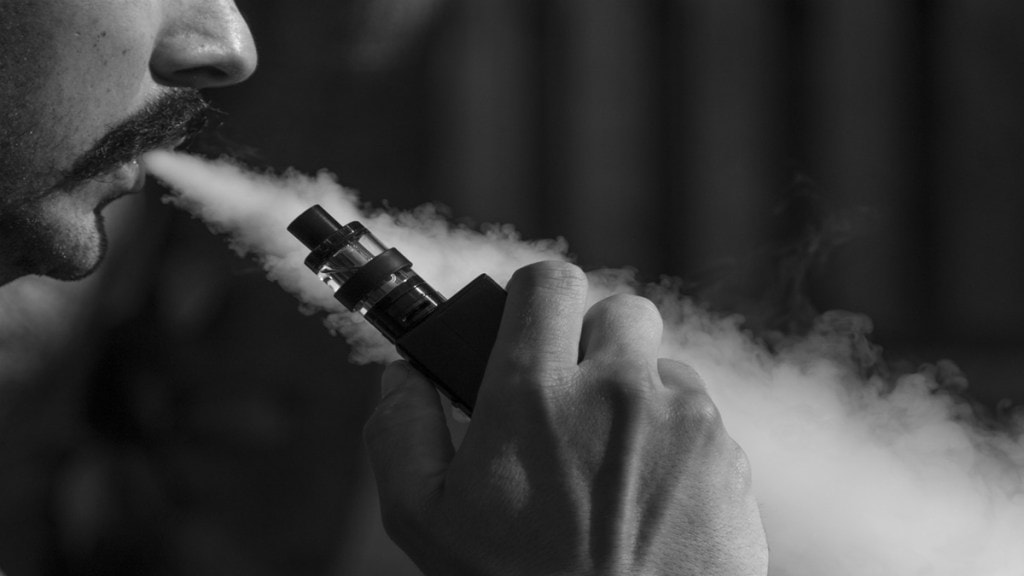Vaping refers to inhaling and exhaling vapor (aerosol) produced by handheld devices such as e-cigarette and vape pens. Usually vaping involves inhaling aerosolized substances, often containing nicotine, flavorings, and other chemicals, through an electronic device.
While marketed as a safer alternative to smoking, it poses health risks, including lung damage and nicotine addiction, especially among young people. Recently, Dr Karan Rajan, a UK surgeon, shared a social media user’s video to explain how people are unaware of just how addictive vaping is compared to traditional smoking.
The reel showed a woman discovering the true contents of her vape pod as the text on the clip said, “Pov (point of view): You have been vaping in Bali for the past month and read this.”
In the video, the cameraperson zooms in on the woman’s vape pod – which said one such vape pod was equal to a pack of 12 cigarettes. The woman throws aways the vape pod after being shocked.
He further said, “PPS (post-postscript) to emphasise my point: the debate is not vaping versus smoking. Clearly, smoking has more harmful effects. The real issue is vaping versus other SAFER and BETTER quit smoking alternatives… which all slam dunk vaping as a tool in terms of their efficacy in allowing you to quit.”
According to Dr. Rajan, there is little evidence that vaping actually helps people cut smoking out of their lives altogether. The U.S. Food and Drug Administration (USFDA) has not found vaping to be safe and effective in helping smokers quit.
A study found that vaping was more effective than other nicotine replacement therapies (like nicotine patches) in helping people quit cigarettes. However, most people kept vaping after they stopped using cigarettes, so they were still getting nicotine and other dangerous chemicals. The study also noted that vaping may make teens more likely to start smoking.
According to health experts, one vape pod delivers as much addictive nicotine as 20 cigarettes. Moreover, vaping trains the brain to expect more nicotine and creates the desire to vape even more.
It is noteworthy that teen brain is especially susceptible to the effects of nicotine. That makes it harder to stop vaping and also increases the chance that teens will go on to become smokers, too.
